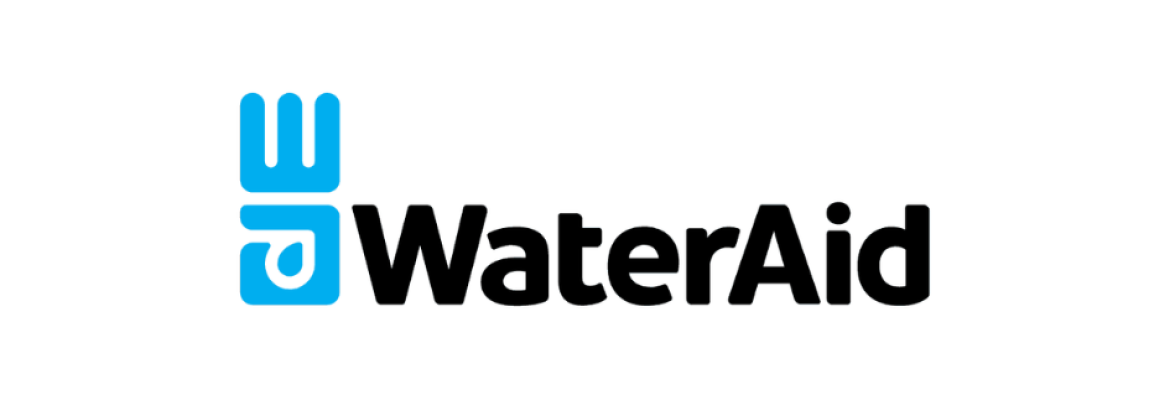WaterAid is a global organization working to transform the lives of the people who have been left furthest behind by improving access to safe water, sanitation, and hygiene (WASH). They work in 29 countries across Africa, Asia, and Latin America, and have reached over 28 million people with WASH services since 1981.
WaterAid’s work is essential because WASH is a human right, and yet 771 million people do not have access to clean water close to home, and 2 billion people do not have a decent toilet of their own. Lack of access to WASH has devastating consequences for health, education, and gender equality.
WaterAid’s approach is focused on working with local communities and governments to create sustainable WASH solutions. They build water pumps and sanitation facilities, train people on hygiene practices, and work to change social norms and behaviours. They also advocate for governments to invest in WASH services and to make WASH a priority in their development plans.
WaterAid’s work has a real and lasting impact on people’s lives. For example, in Ethiopia, WaterAid helped to build a new water supply system for the community of Adiha. This meant that people no longer had to walk for hours each day to collect water, and they could spend more time on their education and livelihoods.
In Bangladesh, WaterAid has been working with the government to promote menstrual hygiene management. This has helped to reduce the stigma around menstruation and to ensure that girls and women have the knowledge and resources they need to manage their periods safely and hygienically.
WaterAid’s work is more important than ever before. The climate crisis is making it harder and harder for people to access clean water and sanitation. And the COVID-19 pandemic has highlighted the importance of WASH for protecting public health.
We all have a role to play in supporting WaterAid’s work. We can donate to their cause, spread the word about their work, and advocate for our governments to invest in WASH. Together, we can create a world where everyone has access to clean water, sanitation, and hygiene.


